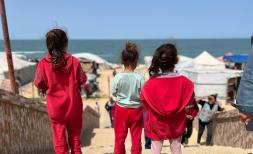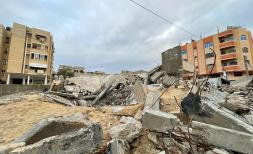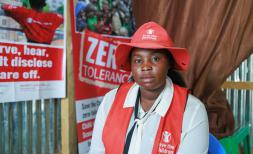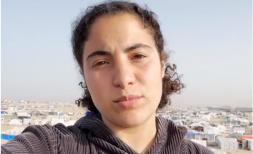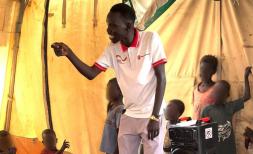“We are not ready in Gaza to face coronavirus”: Jana’s* story
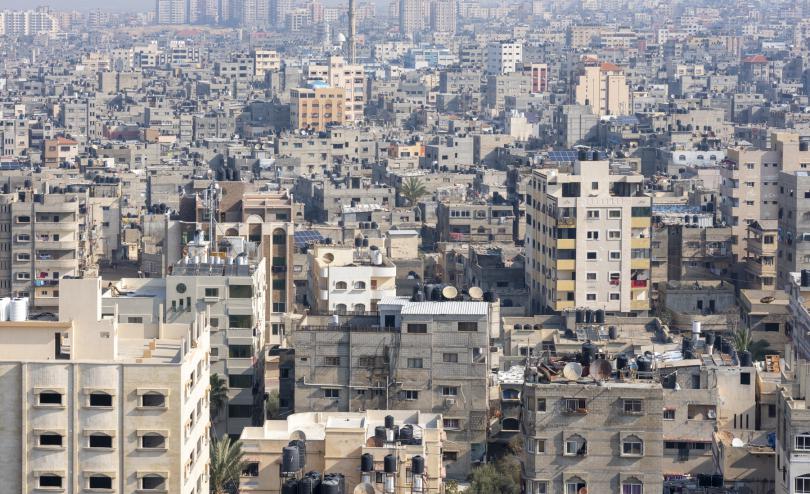
With just 70 ICU beds and 62 ventilators for 2 million people, Gaza is critically underequipped to respond to coronavirus.
Save the Children spoke to Jana*13, who lives in Gaza. Jana shared her experience and advice for others during the pandemic.
"Of course we are not ready in Gaza to face coronavirus because we are suffering from a blockade that has lasted for 13 years.
One of the biggest concerns is if the virus spreads in Gaza and that we won't be able to control this virus. Many people will catch it because of the high population, also we won't be able to find suitable equipment or medicine to treat it, because we suffer from low capability in hospitals in Gaza.
Coronavirus has affected my life a lot. Schools closed down and so we stopped going. I am not seeing my friends, no hangouts.All the shops and markets are closed. We make sure to disinfect anything we touch and people are getting scared and panicking about catching this virus.
I spend my time studying at home and revising the lessons I took at school. I also follow online studying for lessons I didn't take at school and I have fun playing with my siblings and watching TV and being on my mobile phone.
The things I miss the most about school are my friends, teachers and my lessons.
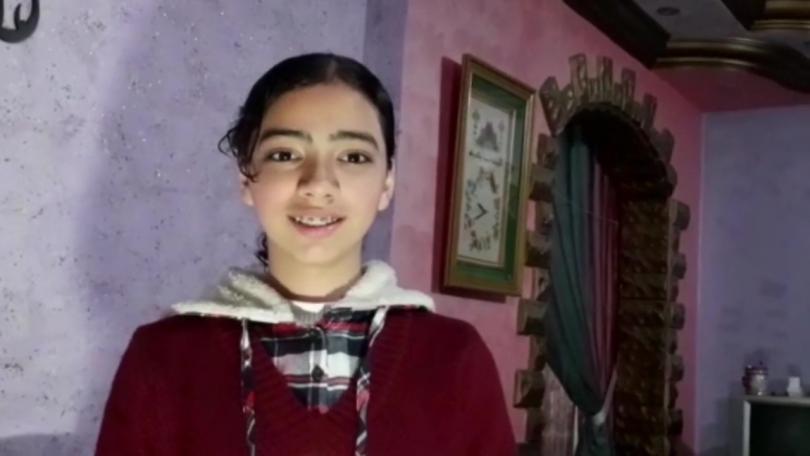
This virus's symptoms are similar to the symptoms of flu, someone could cough, sneeze or have a fever and difficulty breathing, they might not be able breathe and they might get tired.
To reduce the virus spreading we should do lots of things; the first and most important thing is to stay home and not go out, so we don't get exposed to infected people.
The second thing is to wash your hands with water and soap and not to touch your eyes, nose or mouth unless you have washed them.
I would like to give advice to children who can't go to school, the first thing that you need to do is revise the lessons you took at school before schools closed down, and don't stop studying at all.
My second piece of advice; you must follow online lessons through social media because it is so important.
Third is to try staying at home and not going out, and to spend your time doing beneficial things that you like, such as studying, drawing and sport.
When this is over I want to have a picnic with my friends and family, to hangout and go to entertainment spots. When I grow up I want to become a doctor to help my country and my people."
For children like Jana*and her community, support from humanitarian organisations is vital to slow the spread of coronavirus in this critical phase, but access to children and their families is often hampered by movement restrictions and other challenges.
Preventive measures such as social distancing and hand washing are difficult if not impossible in Gaza, where 96 percent of the available water is unsuitable for human consumption. For people to comply with the two metres apart guidance, Gaza would have to be ten times larger than it currently is.
Save the Children is working hard in Gaza to keep its programmes safe for children. We are working to ensure the focus is on the safety of children and we modify our programming to meet the changing nature of the outbreak. The safety of our staff and the communities we serve is our absolute priority. Like many other international organisations, we are working on contingency plans to ensure our work can continue, and preparing to respond to the needs of children impacted by the outbreak.
Donate to support Save the Children's response to coronavirus around the world.
*Name changed to protect identity.
